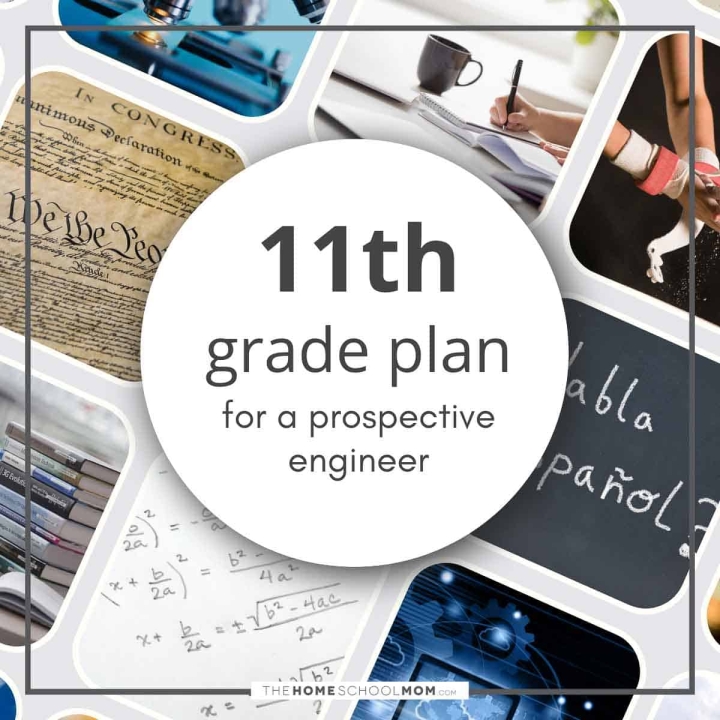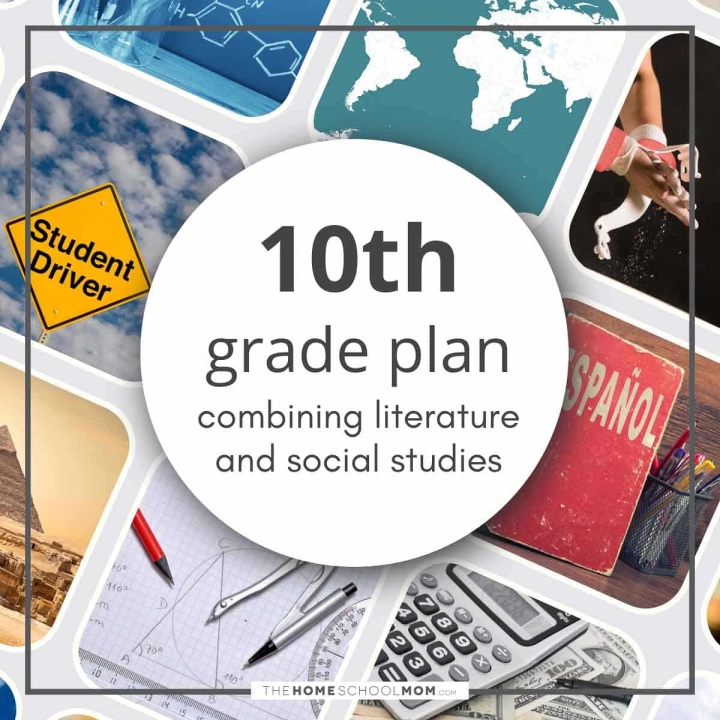Homeschooling High School
-
High School Course Planner
-
Homeschool High School Simply and Inexpensively
-
English Composition for High School
-
Unschooling High School: Tips for Assigning Credits for Your Non-Traditional Learner or Unschooler
-
Homeschool Dual Enrollment & More: Earn College Credit While Homeschooling
-
Homeschool Transcripts Explained—Spoiler Alert... They're Easy & Free!
-
5 Tips for New Homeschoolers with Teens
-
How Mentors Can Help Homeschooled Teens
-
Outside Evidence of College Readiness
-
College Requirements for Homeschoolers
-
Teaching Teens About Worldview and Confirmation Bias
-
Outsourcing Homeschooling
-
Tips for Creating Friendships and Community for Homeschooled Teens
-
Permanently Accessible Homeschool Records
-
Our 10th Grade Plan for a Non-Traditional Learner
-
How We Homeschool 10th Grade: Outsourcing, Interest-Led, and Box-Checking
-
Resources for Homeschooling High School When Mom's Not the Expert
-
Alternatives to College: A High School Roadmap
-
How to Manage Stress & Find Balance in High School
-
3 Challenging Things about High School (and What To Do About Them)
-
The Congressional Award
-
Homeschooled Adults: What To Do When You Have No Transcripts
-
Our 9th Grade Plan for a Non-Traditional Learner
-
Homeschooling a High Schooler Who Is Not College-Bound
-
Transferring Homeschool Credits to Public High School
-
Bad News/Good News of Starting Homeschooling in High School
-
Homeschooling High School: Our 11th Grade Plan for a Prospective Engineer
-
Three Things About Homeschooling I Learned the Hard Way
-
Teen Tech Project: Building a Computer
-
Instead of Curriculum: The Great Courses
-
Challenges to Homeschooling High School
-
What Is Accreditation? Should My Homeschool Be Accredited?
-
Homeschooling Teens: Finding a Third Place
-
Ask Jeanne: Do Homeschoolers Get a Diploma?
-
Contextual Learning: Homeschooling Through Fashion
-
Ask Jeanne: Homeschool a Prospective Dropout?
-
High School Homeschooling: Our 10th Grade Plan
-
9 Benefits of Hosting an International Exchange Student
-
The Power of Interest-Based Pursuits and Meaningful Work for Homeschooled Teens
-
5 Homeschool Graduation Ceremony Ideas
-
Homeschooling a Non-Traditional Learner for High School
-
9 Hands-On Learning Ideas for Teens












































